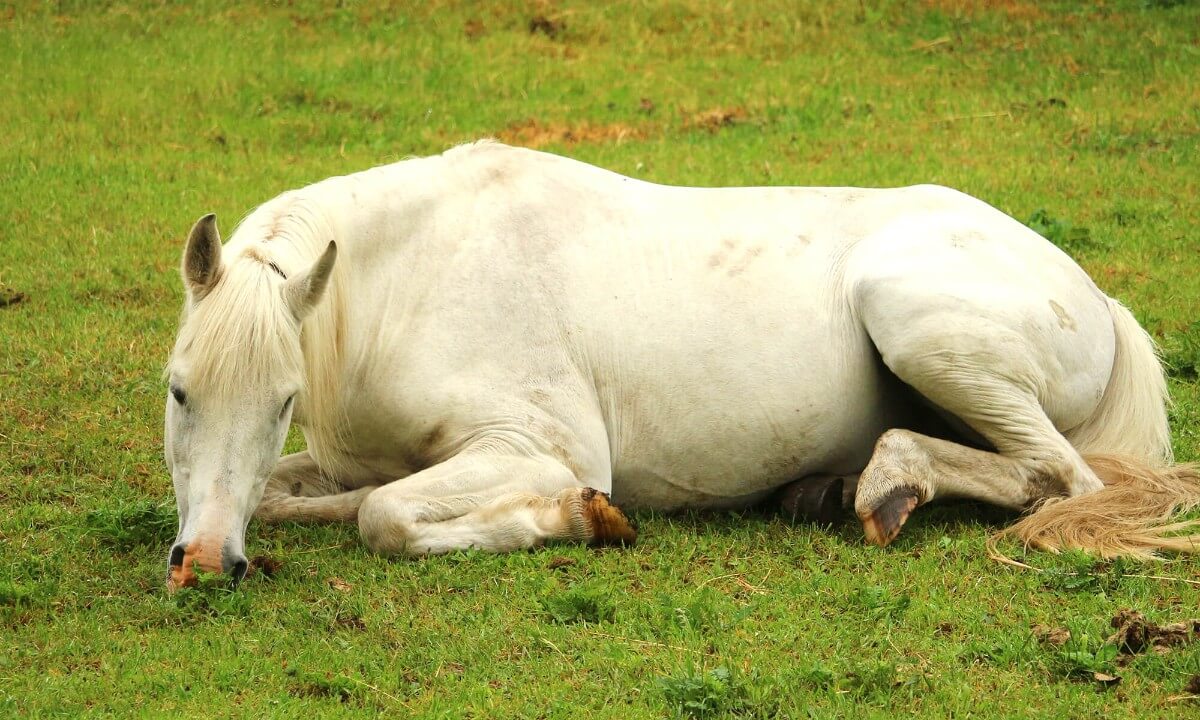About Herpes
Equine Herpes Virus (EHV) is a highly infectious viral disease that exists in several strains but the two most common strains are EHV-1 (the cough) and EHV-4 (the virus) both of which can cause respiratory problems, and abortion in pregnant mares. EHV-1 (also known as Rhinopneumonitis) can also, in rare cases, cause neurological problems leading to paralysis.
Equine herpes virus is spread via infected horses coughing or snorting, aborted foetuses, and indirect contact via handlers, shared equipment, etc.
Symptoms of Herpes
The symptoms of equine herpes virus can include high temperature, clear watery nasal discharge, coughing, swollen glands, respiratory problems, loss of appetite, depression and lethargy. A horse can carry the herpes virus without showing any symptoms.
Treatment of Herpes
Any horse suspected of suffering from herpes should be isolated from other horses and a veterinarian called immediately. A blood test can be carried out to diagnose if the horse has been exposed to the herpes virus and anti-inflammatories and antibiotics may be used to treat the symptoms.
Movement of all horses that have been in contact with the infected horse should be ceased to and from the premises in order to prevent the disease being spread.
Prevention of Herpes
A vaccination is available against both strains of equine herpes and two vaccinations 4-6 weeks apart are required to establish protection for 6 months with a booster required every 6 months. Whilst vaccination does not prevent infection it can greatly reduce the symptoms and the spreading of the virus. Vaccination is recommended for pregnant mares in their 5th, 7th and 9th month of pregnancy to protect against abortion.












